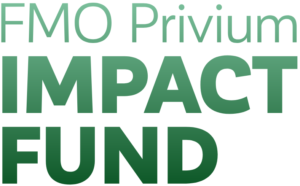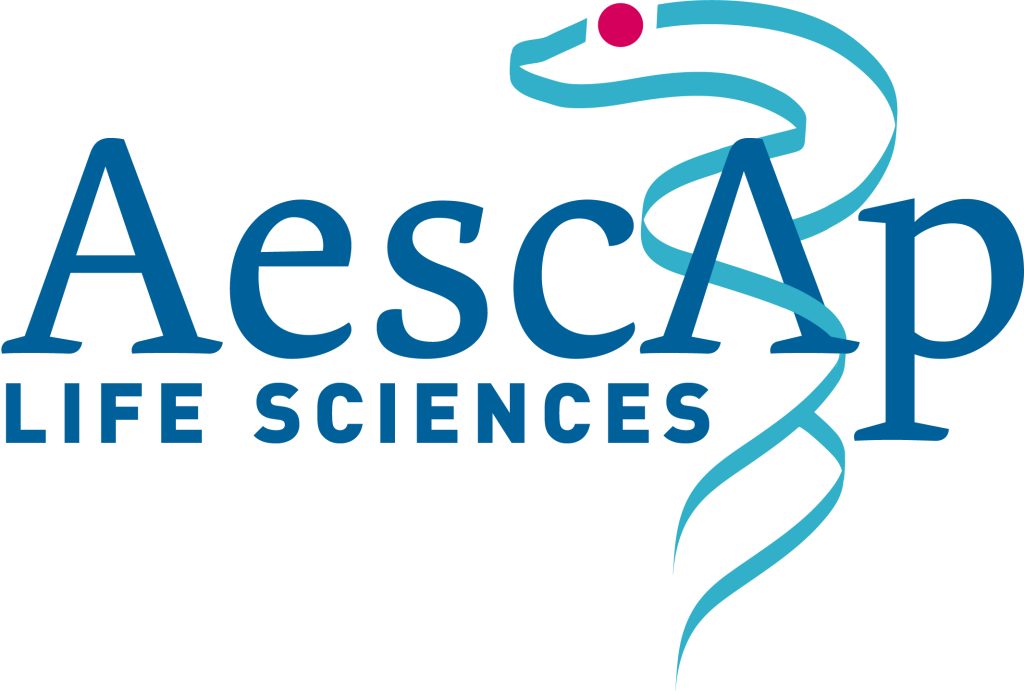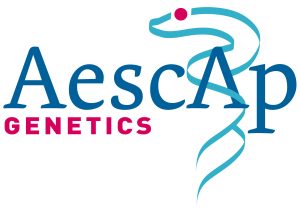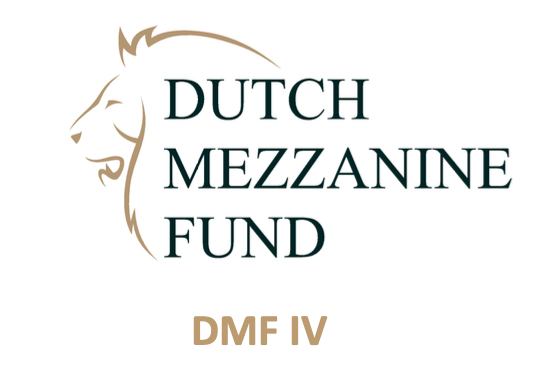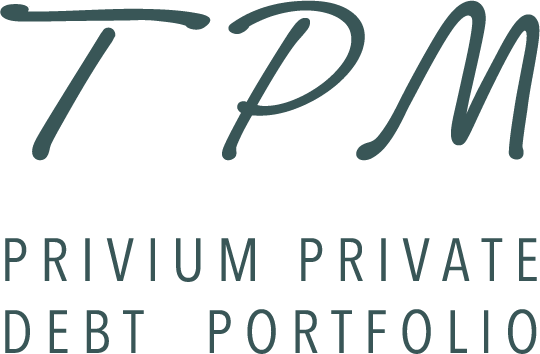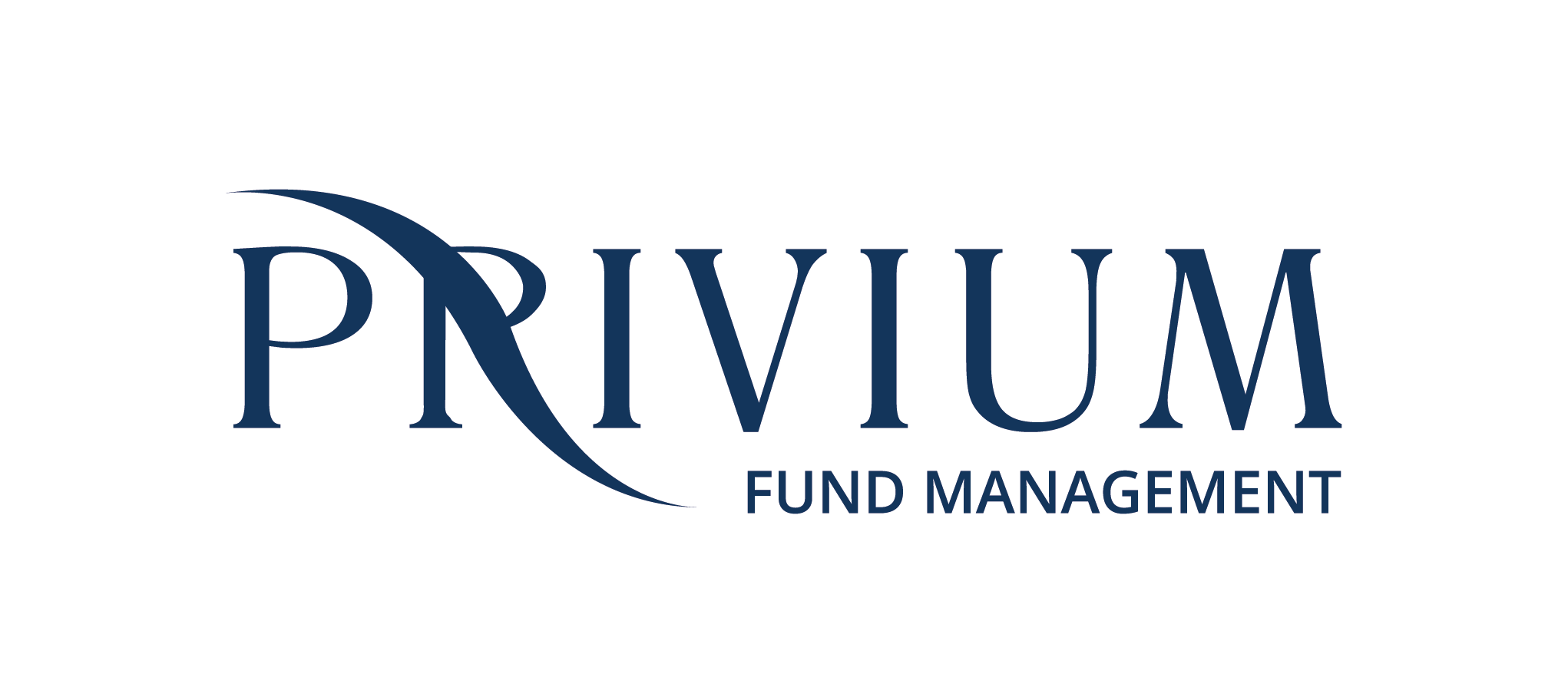The FMO Privium Impact Fund (“FPIF’) co-invests in both existing and new loans (to be) provided by FMO to its clients. The Fund may invest in a diversified portfolio of new and existing loans alongside FMO. The loans contribute to the fight against climate change and support job creation in Developing and Emerging Economies while targeting a financial return. It may invest in loans to financial institutions, renewable energy projects and agribusiness companies who comply with FMO’s Corporate Governance Framework.
Summary
The Fund’s objective is to achieve long term capital growth with impact. To this end the investment strategy of the Fund is to invest in a diversified portfolio of both existing and new loans alongside FMO.
In addition to achieving the Target Return, the Fund has making sustainable investments as its objective and aims to make socially and environmentally responsible investments, hereby aiming to provide investors with an attractive financial return while at the same time endeavouring to create measurable and positive impact in Developing and Emerging Economies. Impact will be measured according to the impact methodology as adopted by FMO. In the context of the Sustainable Finance Disclosure Regulation (“SFDR”), the Fund is classified as an Article 9 Fund.
Impact achieved by the Fund is measured according to the impact methodology as adopted by FMO and reported through impact indicators on portfolio level and sector specific indicators. These are aligned with the UN Sustainable Development Goals (SDGs). The Fund aims to support the Sustainable Development Goals 8 (Decent Work and Economic Growth), 10 (Reduced Inequalities) and 13 (Climate Action).
Investments are done alongside FMO. To this end, the Fund has developed an investment process and policies that incorporates FMO documentation and processes to inform the investment decision as well as in monitoring the reporting on impact and financial return. A key element of the process is the Corporate Governance screening where investment is only considered if the investee company passes FMO’s Corporate Governance review. The Fund also requires the investee company to comply with all tax regulations in their home and host countries and show responsible tax behaviour in line with the OECD/BEPS action plan.
In its investment process, as well as monitoring and reporting, the Fund considers Principle Adverse Impacts (“PAI”) as part of its investment decision even though all investments are based outside of the EU and therefore all counterparties are not subject to this disclosure. The Fund sees reporting on the PAI as an effective method to mitigate impacts of the investments by identifying adverse impacts and reporting on engagement. Any engagement will be done by Privium or FMO on behalf of the fund and will benefit from the extensive global network of the FMO organization. Data collection and data quality verification can be challenging. The Fund has overcome these challenges where possible by using the internationally developed Joint Impact Model and starts its data collection in the earliest stages of the due diligence process.
Reporting to investors is done on a monthly basis with regards to financial returns and on a quarterly basis with regards to the investment allocation towards the sustainable objective and the SDG indicators.
No significant harm to the sustainable investment objective
The Fund considers Principal Adverse Impacts (PAI) of its investment decisions on sustainability factors as part of its investment due diligence process and procedures regarding the Fund. For sustainable investments this means ensuring that the investments do no significant harm to any environmental or social objective. By mapping the PAI framework to FMO’s extensive analysis of local and international environmental, social and human rights regulations, each investment is thoroughly screened on potential significant harm and excluded from FMO and therefore the Fund’s portfolio if the criteria are not met.
Please find more details in the PAI Report
Sustainable investment objective of the financial product
The Sustainable Development Goals (SDGs), were presented by the United Nations in 2015 as the global blueprint for eradicating hunger and poverty, protecting our planet and ensuring peace and freedom for all in the year 2030. This blueprint is divided into 17 goals, each with a specific focus.
Following FMO’s impact strategy, the Fund aims to support the Sustainable Development Goals 8 (Decent Work and Economic Growth), 10 (Reduced Inequalities) and 13 (Climate Action). It does so by investing in loans to banks, businesses, and projects in emerging and frontier economies in the selected geographies and sectors.
Please find more details in the Pre-Contractual Disclosure Document (Annex III)
Investment strategy
To achieve the return and impact objective the Fund will co-invest in both existing and new loans (to be) provided by FMO to its clients. The Fund may invest in a diversified portfolio of new and existing loans alongside FMO. The loans support job creation in Developing and Emerging Economies while targeting a financial return. It may invest in loans to financial institutions, renewable energy projects and agribusiness companies. The targeted return net of fees is expected to be between 2 and 4 per cent per annum, over a multi-year cycle.
Please find more details in the Pre-Contractual Disclosure Document (Annex III)
Proportion of investments
Of its assets not needed for cash and portfolio management activities, the Fund’s investments are 100% used to meet the sustainable investment objective. Given that the Fund co-invests with FMO, it will only take on loans that align with FMO’s sustainable investment policy. Of the Fund’s total NAV, a minimum share of 75% may be expected to be allocated to sustainable investments, while the remainder will be used for cash and portfolio management activities.
All sustainable investments will at minimum contribute to SDG 8 and may also contribute to SDG 10 and/or SDG 13. This means that a loan will always have a social objective (SDG 8, Decent Work and Economic Growth), and may have additional social (SDG 10, Reduced Inequalities) or environmental (SDG 13, Climate Action) objectives.
Invested capital level | Min – Max |
| Total asset level (NAV) | Min – Max |
Sustainable investments | 100% – 100% | Sustainable investments | 75% – 95% | |
SDG 8 | 100% – 100% | Cash | 5% – 25% | |
SDG 10 | 30% – 100% | |||
SDG 13 | 30% – 100% |
Specific impact targets have been defined per SDG and performance indicators have been attached to measure and compare the defined targets.
Please find more details in the Pre-Contractual Disclosure Document (Annex III)
Monitoring of sustainable investment objective
The Fund monitors the attainment of the sustainable objective as follows:
Quarterly reporting on the performance indicators to investors per SDG
- Monthly monitoring of investment allocation towards the Fund’s sustainable objective
- Overview of the Fund’s exposure to ESG risks are reviewed and discussed by the responsible teams monthly.
Please find more details in the Pre-Contractual Disclosure Document (Annex III)
Methodologies
Specific impact targets have been defined per SDG and performance indicators have been attached to be able to measure and compare the defined targets.
The Fund uses the following methodologies to measure the attainment of sustainable objective:
- For investments contributing to SDG 10 (Reduced Inequalities) the Fund has incorporated FMO’s Reduced Inequalities label which clarifies if an investment reduces inequalities between countries with poorer countries receiving sufficient funding and between businesses within a country, focusing on the most inclusive businesses.
- For investments contributing to SDG 13 (Climate Action) a 100% alignment with the 1.5֯ pathway of the Paris agreement to limit global warming is aimed for. For Climate Action (SDG 13) FMO developed a green label. The “Green methodology” document, which is available on FMO’s website, describes the Green criteria, eligible investments and the internal green labelling process.
- Joint Impact Model (JIM): with input data such as revenue and power production from investment portfolios, JIM enables users to estimate financial flows through the economy and its resulting economic (value added), social (employment) and environmental (greenhouse gas emissions) impact.
The Fund uses the SDG performance indicators to compare the previous two quarters to the performance of each quarter to indicate how the Fund’s investments have contributed to the sustainable objectives of the Fund.
Please find more details in the Pre-Contractual Disclosure Document (Annex III)
Data sources and processing
The Fund uses data for the following purposes:
- Investment sourcing
- Report on attainment of the sustainable objective
- Report on PAI
Data used and processed by the Fund to attain the sustainable investment objective and report on PAI are as follows:
- Data sources:
– Start data for each loan is being collected during FMO’s due diligence and approval process, at the latest at contracting of the loan.
– Ongoing performance data on these indicators are collected annually. This annual collection process occurs throughout the year.
– The Fund Manager’s own analysis
– Joint Impact Model (JIM) outcomes: with input data such as revenue and power production from investment portfolios, JIM enables users to estimate financial flows through the economy and its resulting economic (value added), social (employment) and environmental (greenhouse gas emissions) impact. - Data quality: The Fund follows FMO’s policy regarding the Corporate Governance screening since FMO remains the lender of record. An underlying asset must pass the Corporate Governance screening before moving forward in the investment process. FMO has checks in place to validate if data delivered by the investee is trustworthy. The investee is contractually obligated to respond to FMO’s requests for data in a complete and timely manner.
- Data processing: FMO Investment Management (“FMO IM”) gathers all relevant data required from FMO. The Fund Manager checks the received data from FMO IM and applies it toward investment decision making process, monitoring and reporting.
Limitations to methodologies and data
The Fund expects limitations to occur with the current methodologies and data collection as all loans are provided in geographical areas where it can be challenging to receive complete and comparable data from the investee. Additional data is expected to become available over time. FMO’s international collaboration with other DFI’s as well as the continued development of the financial services industry in these economies should lead to improved availability of data.
Due diligence
As part of the robust investment process, the following due diligence is carried out internally and externally on the underlying assets:
- FMO IM checks whether a loan complies with the Fund’s criteria and sustainable objective. Additionally, a loan needs to fit to the portfolio composition. All findings and analysis (including ESG analysis) are included in FMO’s investment advice which is set to a consistent template and supported with a fixed set of documents.
- The Fund reviews FMO IM’s prepared investment advice during the monthly Investment Committee meeting.
- The Fund Manager reviews FMO’s ESG policy and due diligence process regularly.
- All investments and their contribution to the Fund’s sustainable objective are audited annually by an external third party.
Please find more details in the Prospectus and the Pre-Contractual Disclosure Document (Annex III)
Engagement policies
The Fund itself does not directly engage in any industry or public policy engagement. Engagements such as these are carried out by either Privium Fund Management, as the Fund Manager, or FMO (as representative of FMO Investment Management).
However, if/when FMO engages with an investee on behalf of the Fund, the Fund benefits from the extensive network of the FMO organization engaging on a multinational and local level. Multinational via the FMO organization and locally with the FMO affiliates on the ground. Engagement centres around ESG performance per investee for which the FMO has developed several management tools.
FMO also actively engages in its own industry to ensure DFI’s together create more harmonised standards, policies and data requests. Furthermore FMO is a member or signatory of many industry initiatives or sector organisations for the same purpose: to enhance harmonization and find solutions for often challenging requirements for the markets in which it operates.
Please find more details in the PAI Report
Attainment of the sustainable investment objective
The Fund does not compare its impact performance to a benchmark or index but instead reports its contribution to the SDG’s both quantitatively and qualitatively.
Reporting
- Annual Report 2023 FMO Privium Impact Fund
- Annual Report 2022 FMO Privium Impact Fund
- Annual Report 2021 FMO Privium Impact Fund
- Interim Financial Statements 2024 FMO Privium Impact Fund
- Interim Financial Statements 2023 FMO Privium Impact Fund
- Interim Financial Statements 2022 FMO Privium Impact Fund
- Monthly Statement Article 50 Bgfo FPIF
Prospectus
- Prospectus FMO Privium Impact Fund
- Explanation regarding Prospectus FMO Privium Impact Fund
- SFDR Pre-contractual disclosure document FMO Privium Impact Fund (version 2.3, August 2024)
- PAI Report 2023 FMO Privium Impact Fund
- Fund Characteristics
Capital Distribution
Key Information Document
- Key Information Document FMO Privium Impact Fund – Class A
- Key Information Document FMO Privium Impact Fund – Class B-A amd B-D
- Key Information Document FMO Privium Impact Fund – Class F
- Key Information Document FMO Privium Impact Fund – Class I-A and Class I-D (NL)
- Key Information Document FMO Privium Impact Fund – Class U-A and Class U-D (NL)
- Key Information Document FMO Privium Impact Fund – Class I-A and Class I-D (EN)
- Key Information Document FMO Privium Impact Fund – Class U-A and Class U-D (EN)
- Key Information Document – FMO Privium Impact Fund – Class B-A and Class B-D (FR)
- Key Information Document – FMO Privium Impact Fund – Class I-A and Class I-D (FR)
Forms
